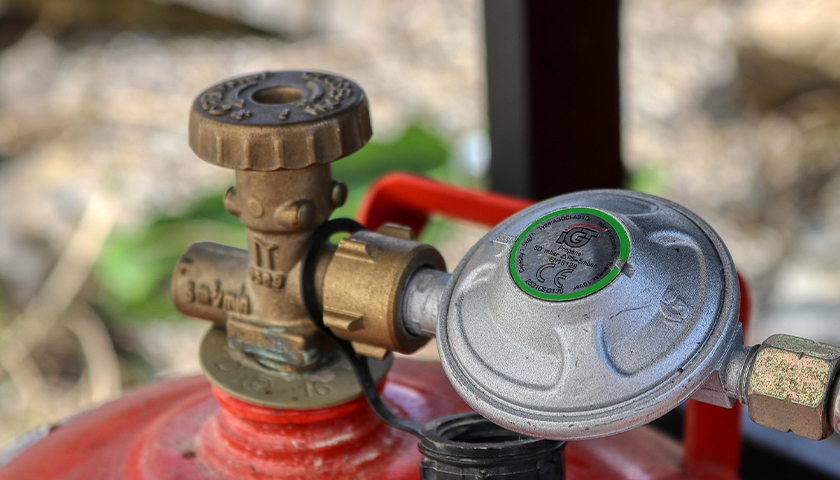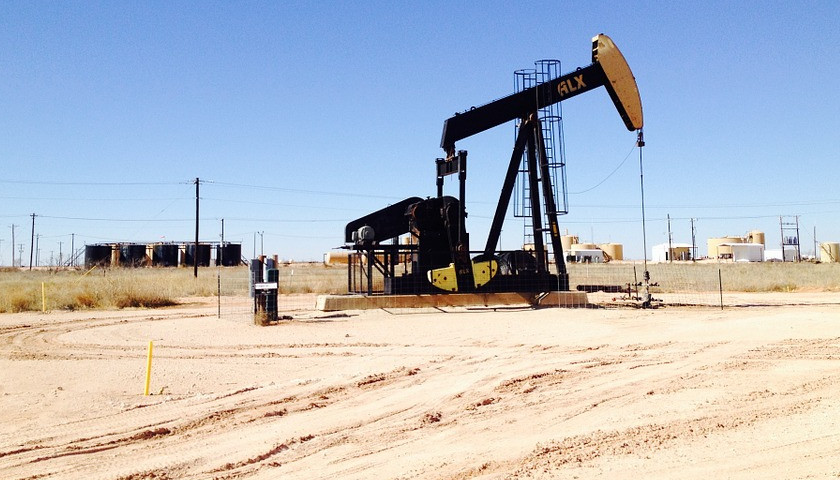Propane heating costs in the U.S. rocketed to $2.59 per gallon this month, the highest level in a decade, as winter quickly approaches, the federal government said Friday.
The average cost of propane during the first four weeks of the current winter season, which begins in October, was 49% higher than last year, according to an Energy Information Administration (EIA) report. The agency noted that the low propane supply is a major reason for the increased prices.
“U.S. propane and propylene inventories are starting this winter season lower than in recent years; weekly U.S. inventories are averaging 28% lower than the same time last year and 21% lower than their recent five-year (2015–2020) average,” the report stated.
Read More




